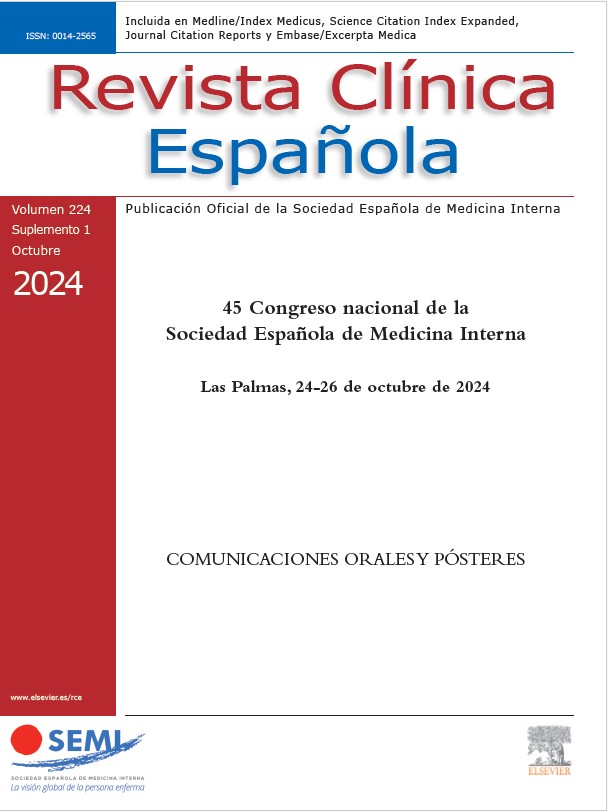Información de la revista
Compartir
Descargar PDF
Más opciones de artículo
Original article
Prevalence of masked uncontrolled hypertension according to the number of office blood pressure measurements
Prevalencia de hipertensión arterial enmascarada no controlada de acuerdo con el número de medidas de la tensión arterial en consulta
E. Vinyolesa,
, M. Camafortb, M. Domenechb, A. Cocab, J. Sobrinoc, for the ESTHEN group investigators
Autor para correspondencia
a Centre d’Atenció Primària La Mina, Sant Adrià de Besòs, Universitat de Barcelona, Spain
b Unitat d’Hipertensió i Risc Vascular, Departament de Medicina Interna, Institut de Medicina i Dermatologia, Hospital Clínic (IDIBAPS), Universitat de Barcelona, Spain
c Unitat d’Hipertensió, Fundació Hospital de l’Esperit Sant, Santa Coloma de Gramenet, Universitat de Barcelona, Spain





